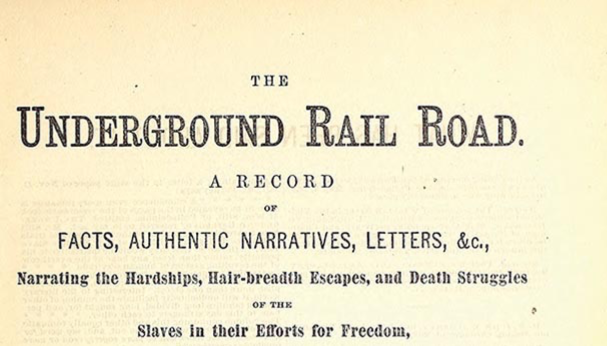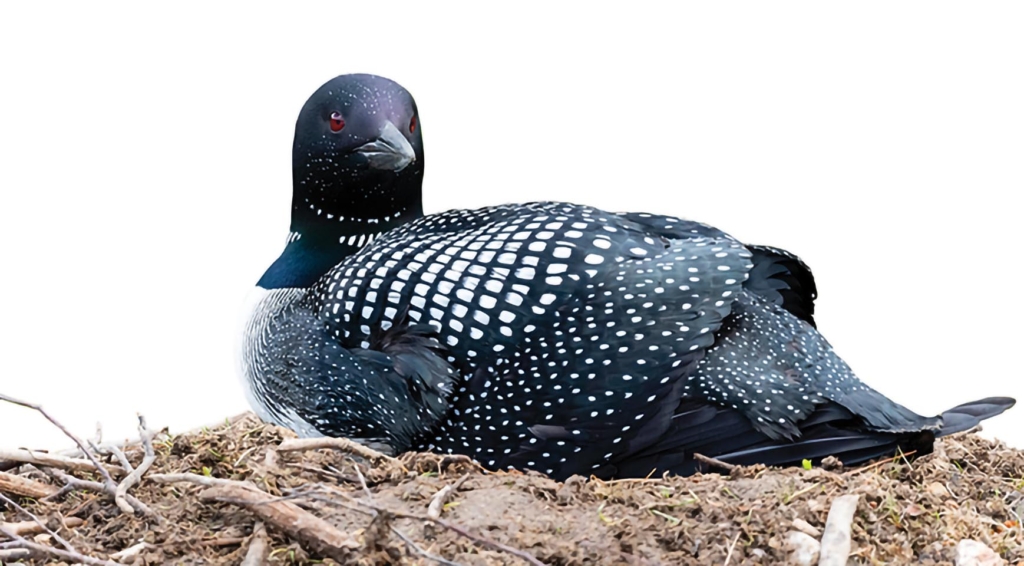Center for Freedom and Western Civilization fellow examines the history of U.S. intervention in El Salvador
As a recent history graduate and child of Salvadoran immigrants, Joel Alfaro ’21, MAT’22 holds a keen interest in U.S.-El Salvador relations. This summer, Alfaro had the opportunity to delve headlong into this complicated history through a research fellowship for the Center
for Freedom and Western Civilization.
Alfaro’s project, titled “U.S. Military Intervention in Latin America: A Reflection of American Ideals,” focused on the U.S. presence in El Salvador in the 1980s–90s, exploring whether the military adequately upheld U.S. ideals of human rights and democracy while there.
“In recent decades, the U.S. has pressured foreign governments such as El Salvador to undergo democratic reforms,” says Alfaro. “Simultaneously, the U.S. has also aided and abetted these same governments as they were committing human rights violations. What does it mean for the U.S. government to have taken these antithetical actions at the same time? This is the question I sought to answer.”
A central theme he has investigated in his research is how consistent U.S. political leaders are at being inconsistent in how they interact, aid, and punish foreign governments when those governments are found to be violating human rights.
“This inconsistency in morals and policy derives from when we have to prioritize either human rights or our own human rights or our own national interests first,” explains Alfaro.
Just one example that Alfaro cites took place in 1984 when the United States helped to organize a presidential election in El Salvador, but failed to provide adequate security so left-leaning candidates and their supporters could participate in the election process without risking their lives. In essence, the U.S. went through the motions of organizing a democratic election but did not put the vital mechanisms in place that would ensure it was truly democratic.
According to Alfaro, possible reasons for this failure could be rooted in well-documented instances of Salvadoran business and military elites pressuring the U.S. ambassador to not allow left-leaning parties to participate as well as the Reagan Administration’s overarching goal to prevent the institution of communist governments by any means necessary. As seemingly at odds as these actions may be with U.S. ideals, this history of contradiction is not something that Alfaro believes should be passed over or ignored.
“By recognizing the past, we can learn how the U.S. government has historically empowered or influenced democratic leaders and thus better understand U.S. foreign policy and actions in the present day.”
Having recently received his master’s degree in education from Colgate, Alfaro aspires to become a social studies teacher and use his position to empower and inform future scholars about diplomacy, democracy, and political processes.
“From this fellowship alone, I am already taking away lessons that I want the next generation to carry with them.”
Additional research conducted by students throughout the summer:
Aleksia Taci ’25 examined textiles excavated from medieval Iranian tombs.
Anya Sokolowski ’25 worked to reconstruct narratives of survivors of the Underground Railroad.

Shane Knopp ’23 used CT scans to investigate earthquake generation.
Claire Chen ’24 gathered firsthand accounts of Asian LGBTQ+ individuals in the film industry.
Tessa Mountain ’23 tracked nesting loons in the Adirondacks.


